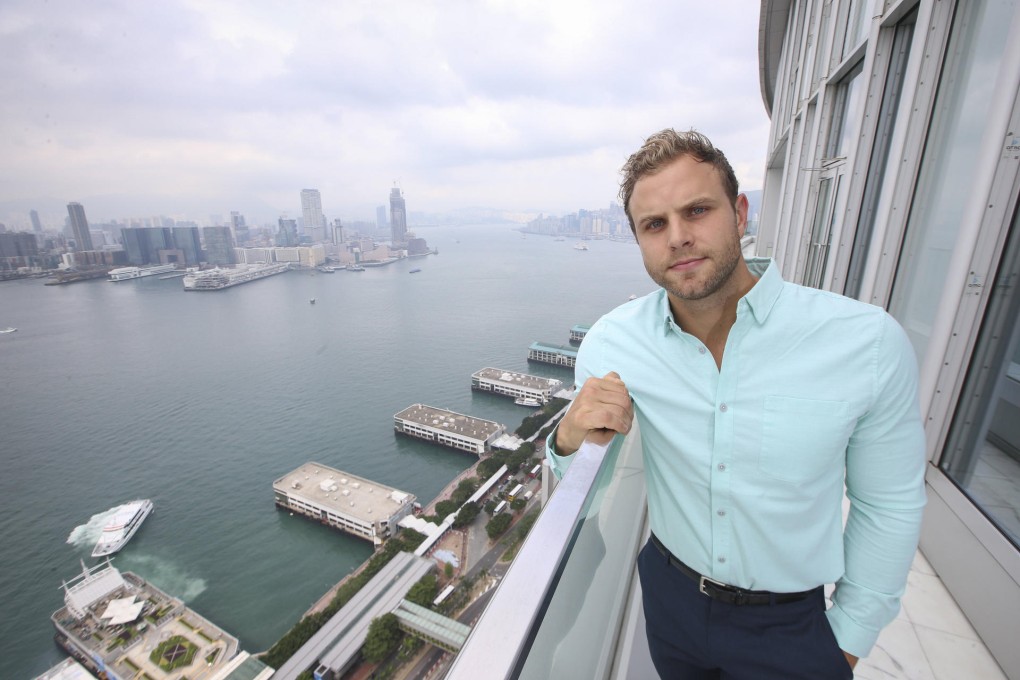How an Olympic swimmer tried too hard, then found a balance to life
Andrew Lauterstein won three medals at the Beijing Olympics, overtrained as he sought to save his swimming career on track, then discovered CrossFit and, as he tells Sarah Lazarus, learned to be good at several things rather than excelling at one

I grew up in Melbourne, in a house 100 metres from the sea, and spent much of my childhood either at the beach or in my neighbour's swimming pool. I didn't take formal swimming lessons but my older brother did, so I just copied what he was doing. I was into all the sports - I won a football (Australian Rules) scholarship to high school and played baseball at the national level, but when I was 13, I decided to concentrate on swimming. I was getting frustrated with having to rely on other people's performances in team sports. With swimming, I knew it was down to me, and that I'd reap the rewards for the hard work I put into training. That really appealed.

When I was 16, I trialled for the 2004 Olympic team but missed out by 0.1 seconds. Two years later, I made the world championship team and shortly after, graduated from school and moved to the Gold Coast, to become a professional swimmer. It was a great place to swim, with beautiful facilities and gorgeous weather. During a typical week, I'd spend 20 hours in the pool and five hours in the gym, plus yoga, pilates and spinning. I spent a lot of my downtime in the sea, swimming and surfing. When you spend that much time in the water, you get a feeling of becoming one with it, which helps you become stronger and more capable, even when you're not training. I never found the training boring. Others saw it as a sacrifice, but I loved pushing myself to my limits. I knew what I wanted to achieve and the discipline required came naturally.

I made my first national team swimming backstroke because there was a weakness in the Australian swim team, so I grasped the opportunity. But my best stroke is butterfly, so, after a couple of years, I switched. When you swim butterfly … well, there's no better feeling. You take a breath as you go over the water and if you time it right, and hit the sweet spot, you feel as if you're floating. I made the Olympic squad for the Beijing Olympics in 2008. I hit my peak at just the right time. My coach and I had developed a "not trying" technique, which made me fluid and relaxed when racing - I wasn't going to be rattled by anything. I won three medals (4x100-metre freestyle relay - bronze; 100-metre butterfly - bronze; and 4x100-metre medley relay - silver) and it was an incredible experience. The Olympic village was great, the volunteer staff were fantastic. All the Australian swimmers thought the Water Cube was the best-looking pool we'd ever seen. The swimming all took place in the first week so, during the second week, we explored the city and visited little villages with rivers and lanterns and nice restaurants. I also spent a lot of time at a nightclub called China Doll - that was fun.

